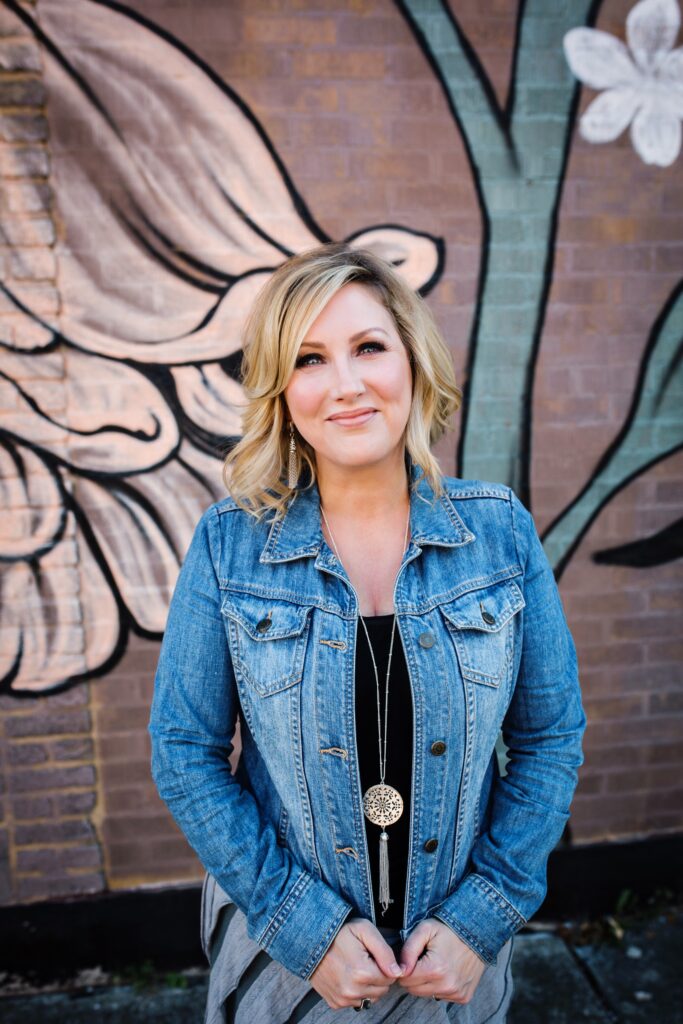During the pandemic, grief is a natural emotion people are feeling for various reasons. Licensed Clinical Psychotherapist Erin Wiley, MA, LPC, LPCC says, “Right now the grief I am seeing in my therapy patients ranges from disappointment and sadness to frustration and anger. People are disappointed by having to reschedule events like weddings, sad about not being able to see family members, frustrated by losing out on once-in-a lifetime events, and angry from the lack of control and unfairness if it all.”
The biggest grief reactions Erin is witnessing are connected to the loss of major events, particularly funerals because of the inability for family members to give their loved one the proper goodbye they wanted. While you can hold a memorial at a later date, there are no do-overs for a funeral.
Weddings are a big loss because of the amount of time and money and energy that go into planning such a large-scale event, but weddings too can be rescheduled or dramatically scaled down and still held.
Proms are once in a lifetime events that seniors lost this year, in addition to the even more important graduation. College graduates were denied a graduation ceremony as well.
“These are all things that cannot be made up and are events that will now never happen,” Erin reflects. “Trips that people have planned for years were just cancelled with no reschedule dates available. Women gave birth and cared for newborns with no supportive family members there to lend support. There is a profound sense of sadness in a loss where there can be no do-over, no make-up, no second chance.”
Erin believes people should be grieving right now. “There are so many complex losses, and most people are grieving the loss of more than one thing,” she describes. “Meaningful and important life events have been lost, but also lost are a sense of normalcy, the freedom to go out as before, the ability to engage in leisure activities like sports and shopping and dining out. There have been losses in how people work, losses of education and the traditional school year, losses of time and energy as people struggled to home school their children while simultaneously trying to maintain work commitments all while learning the ropes of working from home.”
Erin has outlined 5 tips for people to cope with grief during the pandemic:
- People should be encouraged to talk about their experiences. Find supportive people who can listen with empathy and can validate the losses and the feelings behind them.
- People should spend the time they need to emotionally process through the details of the loss. Be sure to take care to really grieve each part of what is now gone. Engaging in activities like journaling and self-reflection are ways people can move toward the resolution of grief
- People should consider helping others who are struggling with loss as a mean to help them through their own feelings. Helping others is a great strategy for moving toward healing as it takes us out of our own situation temporarily.
- People can be encouraged to remember that grief is not a liner process and has no timeline. They may feel they have moved beyond the pain of a loss only to discover difficult emotions coming up again in the future. That’s normal and to be expected so people need to make room for that.
- People should look for ways to turn the situation around the best they can to their favor. Finding new and meaningful ways to memorialize a loved one who has passed or celebrating a graduation or birth in a novel and special way can help smooth over the rough edges of grief left behind after a loss.
“To prepare for these inevitable experiences of grieving, we should try to see how our feelings of irritability, anger and frustration can actually be a cover to mask the deeper sadness and worry we have all been collectively experiencing,” Erin suggests. “Being purposeful in searching our own emotions regarding loss can help us better prepare for losses we will encounter in the future.”
Coming to an understanding that no one is immune to loss can be helpful, as it can help build resiliency.
“Developing or honing coping skills that serve to regulate us when upset is a way to be better prepared for future emotional distress,” Erin recommends. “Also, creating or re-enforcing a strong and supportive emotional support system is a great way to brace ourselves for tough times ahead of us.”
About Erin Wiley: Erin Wiley, MA, LPC, LPCC, is a clinical psychotherapist and the Executive Director of The Willow Center, a counseling practice in Toledo, Ohio. She leads a team of 20 other therapists in their goal of meeting the counseling needs of the people and families of Northwest Ohio & Southeast Michigan, in addition to clients state-wide through telehealth. The clinical focus of her therapy work is marriage, family, parenting, and relationships. She has extensive training in marriage counseling from the Gottman Institute, located in Seattle, Washington. Her most recent area of research involves the study of the management and regulation of emotion as it pertains to mental health. Visit: https://erin-wiley.com/

